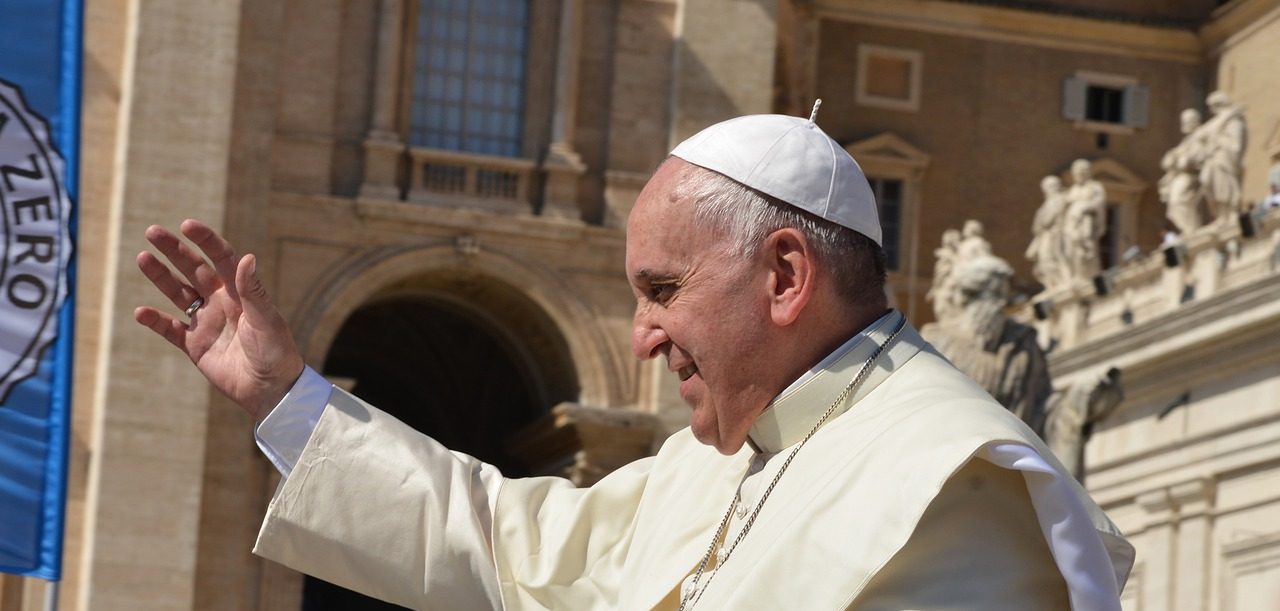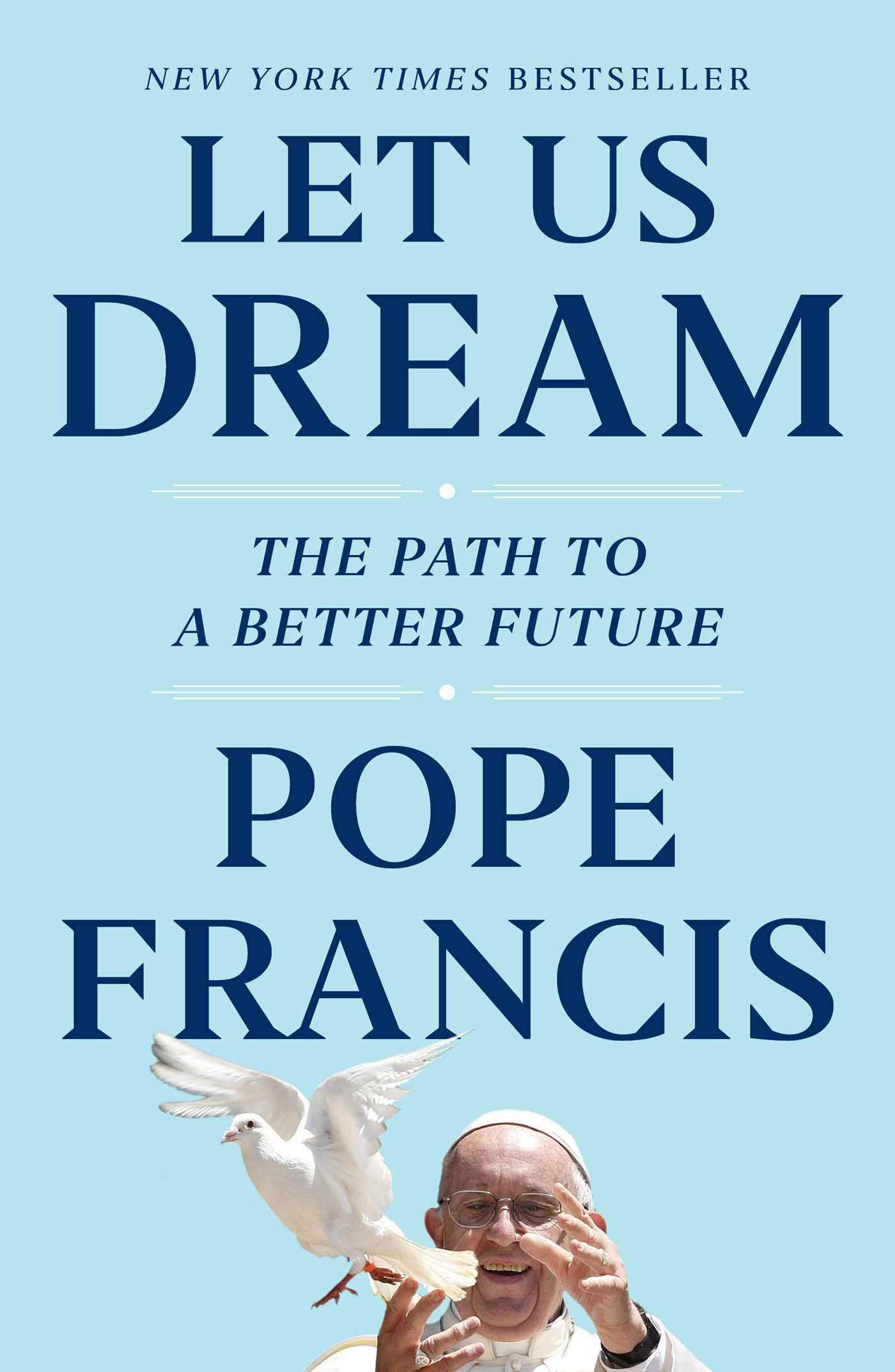Did Pope Francis send an indirect message to Viktor Orbán and Katalin Novák?

Although the names are not directly mentioned in Pope Francis’s new book, he definitely speaks out against anti-migrant, national-Christian populism and states that women cannot earn less than men. A book review of Let Us Dream: The Path to a Better Future from 24.
According to 24’s book critic, the book is a good read and, as he put it, “the world needed it like a mouthful of bread”, but there is a big negative about the book; there are radical statements that the master of thoughts fails to justify. He argues, for example, that whoever does not reject abortion, euthanasia, and the death penalty cannot have a sense of ecological responsibility either. No matter what we think about these topics, one should not just throw around statements of this calibre without supporting it; also, the pope claims that an unconditional basic income, as well as a reduction in working hours, increases the efficiency of production, but he does not explain why he thinks it would do so.
Everyone should be aware that the book was not written by the Pope himself, which is not necessarily a problem, but it should have been highlighted on the cover as well.
The British journalist Austin Ivereigh was more than a helper; he was the originator of the basic idea, he conducted the interviews and, based on their correspondence, he drafted a structured text according to the rules of the golden ratio.
As 24’s book critic puts it: “Francis synthesises the interpretation of the world and the crises, in which the theological, economic, political, and moral aspects are connected with striking naturalness”. The book encourages the atheist, agnostic, or readers with other worldviews to make a decision based on their own moral judgment, but he clearly assumes that readers’ common values include universality, solidarity, and subsidiarity.
According to Pope Francis, climate change, migration, and the economic crisis, as well as the pandemic, are not separate challenges, but different aspects of the same problem, more precisely, the symptoms of a common disease, hence they cannot be solved separately.

He thinks that symptoms include the lack of solidarity, the insatiable greed of banks and corporations, short-sightedness, corruption and ideologisation of politics, the pursuit of arms, human trafficking, priests holding themselves above the lay mass, and the chasing of worldly privileges. The Pope argues that the common reason is that people have turned away from their role in Creation; people have turned away from each other and nature.
According to the Pope, the greatest temptation of mankind is to give in to “courteous demons”.
The ambition of the discussion should not be to overcome the other; according to him, there is “fertile tension between the different points of view”. Open dialogue is an opportunity to reach common insights. At the same time, however, Pope Francis is ideologically critical: chill goes through his spine from conservative traditionalists, rigid dogmatists, and utopian liberals alike.
The Pope would give women a privileged role in a renewed world. He strongly advocates for better financial esteem for women and believes that they are at least as good or even better political or church leaders than men. The critique inserted a little jab towards Katalin Novák due to her recent video about women.
Francis advocates for the balanced distribution of goods; he assumes that resources are not created for the privileged but for the whole of humanity, so they should be shared. Exploitation is thus a confrontation with the divine will.
“A Christian cannot be a nationalist,” Francis says. He adds that mankind must experience a diverse unity, not a separation. The pope criticises populist, separatist, and anti-migration political leaders with an unusually sharp tongue. Viktor Orbán is not mentioned by name, but it is impossible that the head of the church did not think specifically of the Hungarian Prime Minister, the critic comments.
“Dictatorships always start like this: they sow the seed of fear in the hearts of the people, then offer to protect them from the object of their fear, and in return deny them the power that will determine their future.”
Source: 24.hu




As a former Catholic, i stopped listening to the hypocritical garb coming out of these last two ‘POOPs’. I think they should start shutting the F_ _ K up before somebody comes into his ‘Nationalist ‘Vatican’ Country’ and takes it over, perhaps like the migrants he loves so dear. Would love to see that ! Real easy to do !!